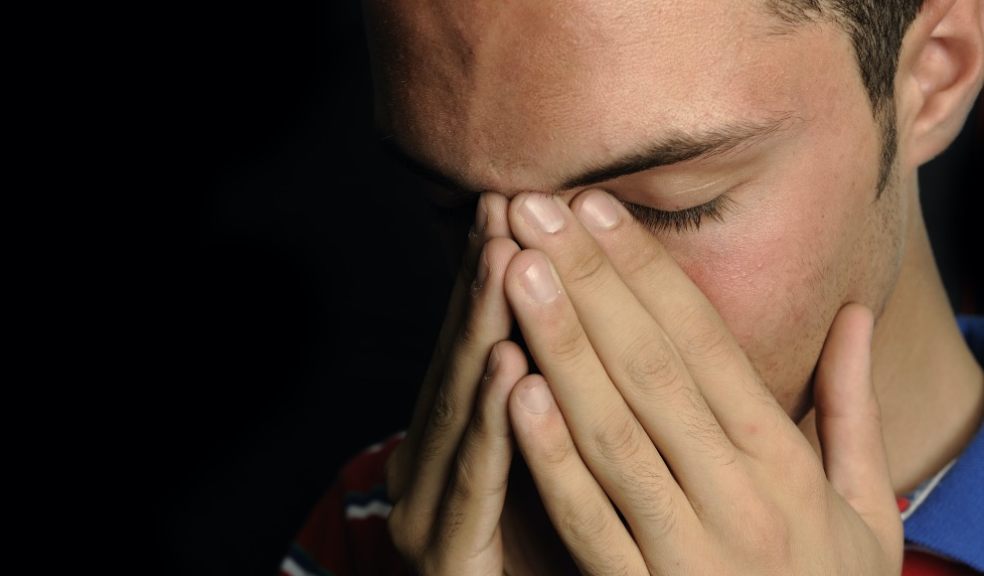
Dual Diagnosis: Alcohol Addiction and Mental Illnes
Did you know that a significant percentage of people who struggle with alcohol addiction also face mental health issues and vice versa? There is a close connection between alcohol abuse and mental illness. In medical terms, the co-occurrence of mental problems and alcohol addiction, or for that matter, addiction to any other substance, is known as dual diagnosis. It’s a term that has gained significant attention in the field of addiction and mental health in recent years. In simple words, dual diagnosis means having both mental health disorders and substance abuse at the same time. For those who’re affected, dual diagnosis can make life extremely difficult and the recovery process even more challenging.
When it comes to dealing with this problem effectively, the first step is to understand the connection between alcohol addiction and mental health.
The Connection Between Alcohol Addiction and Mental Health
Alcohol addiction or alcoholism is a condition in which people become dependent on alcohol to the extent that they can’t control their alcohol intake anymore. Mental illness, on the other hand, is a condition that affects an individual’s mental well-being and has a negative impact on their thoughts, emotions and behaviour. Some of the most common mental disorders include depression, anxiety, bipolar disorder etc.
There is a close connection between mental health and addiction. Many people with mental disorders turn to alcohol to cope with life's challenges. This, in turn, can make their mental health worse. It's like a never-ending cycle that goes on and on. Alcohol may provide temporary relief, but it ultimately worsens the symptoms, leading to greater reliance on alcohol. To break free, it's important to address alcohol addiction and mental health together. Integrated treatment programmes that consider both aspects offer a better chance of lasting recovery and well-being.
What Makes Dual Diagnosis So Challenging?
There are many reasons why dual diagnosis is so challenging. Some of them include are mentioned below.
- Higher Risk of Self-Harm or Suicide: The combination of alcohol addiction and mental illness can worsen negative emotions such as sadness and despair. As a result, individuals with dual diagnosis are more likely to harm themselves or commit suicide.
- Increased Risk of Other Illnesses: Mental disorders and alcohol addiction can make people more prone to developing physical health complications, including cardiac diseases, respiratory illnesses, liver problems, and various other issues.
- Late Diagnosis: It has been seen that dual diagnosis often leads to delayed or missed diagnosis. The symptoms often overlap or mask each other, making it difficult to identify them. Also, due to the fear of being judged, many individuals are hesitant to accept that they are using alcohol to cope with their mental health issues.
- Social Isolation: Despite a lot of awareness about mental health disorders and addiction, the stigma surrounding these two conditions can lead to discrimination and social exclusion. Dual diagnosis can make people feel alienated, which in turn, can make their situation worse.
- Higher Risk of Relapse: With dual diagnosis, the risk of individuals relapsing after the treatment also goes up. The recovery can become more troublesome and challenging.
Treatment of Dual Diagnosis
In many countries, including the UK, the treatment of alcohol abuse is a relatively newer field compared to mental health treatment. It must be noted that even though psychiatry hospitals and alcohol rehab centres do exist, they have often developed independently of each other. However, adopting an integrated treatment approach to treat dual diagnosis is crucial.
- Integrated Treatment Approach: It is crucial to address both conditions simultaneously when treating dual diagnosis. Alcohol addiction treatment and mental health care should be combined for comprehensive recovery.
- Specialised Dual Diagnosis Programmes: There are dual diagnosis treatment programmes that cater specifically to individuals facing both alcohol addiction and mental health issues.
- Coordinated Care: There should be coordination among addiction specialists, mental health professionals, and support services to ensure complete recovery.
- Medication Management: Medications may be required to address symptoms of both alcohol addiction and mental illness. They can be useful in managing cravings, stabilising mood, and improving overall well-being.
Apart from ruining their physical and mental health, dual diagnosis can negatively impact the life of those suffering from it. It can make them feel vulnerable and isolated. However, as challenging as it may sound, recovery from dual diagnosis is possible. With medical help and support, many people have successfully overcome this debilitating condition, bringing their life back on track. If you or anyone around you suffers from dual diagnosis, the first and the most crucial step is to seek professional treatment. By taking this brave step, you can bring your life back on track.



















